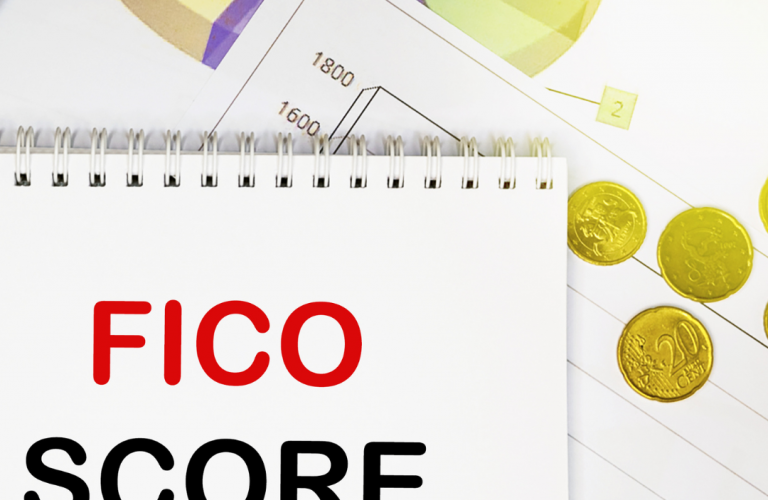There are several types of credit scores, which result in different ranges of scores. Every credit bureau has a different formula for calculating scores, and these scores can range from 350 to 850. Credit bureaus maintain a 180-day window for updating your scores, so the sooner you request your credit report, the better your score will be.
What is FICO Credit Score?
The FICO credit score is one of the most important factors that lenders use to determine your ability to borrow money and determine your interest rate. The FICO score is a seven-digit number that is calculated from 10 different predictors that use information from your credit report to predict if you will be able to pay back your loan on time.
FICO is a credit score that lenders widely used to determine whether or not you will qualify for a loan. If you want your credit score to be good, there are certain steps you can take to get there.
Here are 4 tricks to quickly increase your FICO Score:
Review Your Credit Report
Credit is the most important factor in the financial stability of a person. If you want to get a good credit score, you have to have a good credit rating. It is important to know what’s in your credit report, and each of the four major credit bureaus has its own version of it on its website. One of the things that you should do regularly is to go and check your credit report. This is to ensure that you are not being hounded by creditors and other people asking you to pay them back or participate in some other kind of transaction. You should also check your credit report before applying for any credit card or loan since this will ensure that you don’t miss out on some of the best offers that are available out there. You should also go and check your credit report before applying for a new job since this will make sure that you don’t waste your time applying for a job that won’t be a good one for you.
Set Up Payment Reminders
So you’ve finally gotten around to setting up automatic payments for your monthly bills. You’ve created a spreadsheet and set up a couple of alerts on your computer and phone, but you’re still not sure if your payments are going through. What does that tell you about your financial management skills? Many consumers are confused about the relationship between paying bills and credit scores. It’s not a giant secret—in general, the best way to boost credit scores is to pay your bills on time. However, to get a better score, you have to take other steps, too.
Pay More Than Once in a Billing Cycle
Do you remember when you first got your credit card? You probably paid it off in full each time you got a statement, right? But you probably also paid more than once. Don’t skip this opportunity to improve your credit score because the best way to do so is to pay off your card in full each month, not to pay it off in lump sums.
Contact Your Creditors
Getting out of debt is hard, but it doesn’t have to be. Many people just assume they will never get out of debt, but you can do things to make the process much easier. The good news is most of these things don’t require a change in lifestyle but rather an easy change in attitude. Debt is a terrible thing that can ruin lives and financial stability. But it doesn’t have to be the reality you live in. In fact, you can learn a few simple tricks to quickly increase your FICO score, one of which is to contact your creditors.
At this point, it should be no surprise that a FICO score is one of the most important financial ratings you can get. In general, a lower FICO score means a higher risk of default (or bankruptcy), and a higher FICO score means a lower risk of default. The better your score, the better your chances are of getting approved for a mortgage, getting a credit card, or getting your car loan approved.




